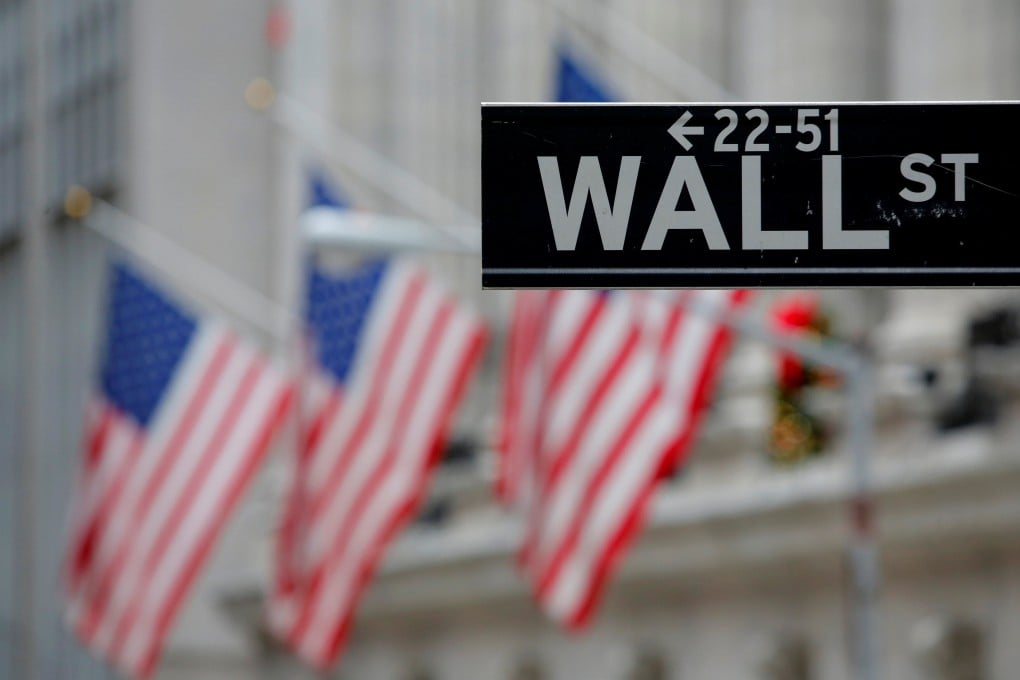Major US stock indices to remove more Chinese companies following order by Joe Biden
- Move by S&P Dow Jones Indices comes after executive order by Biden administation banning investment in businesses thought to have ties to Chinese military
- FTSE Russell is also planning to drop another 20 Chinese businesses from its benchmarks

The company, which maintains the Dow Jones Industrial Average and Standard & Poor’s 500, said on Wednesday it would drop 25 companies – including Aerospace Communications Holdings, China Shipbuilding Industry Co and Inner Mongolia First Machinery – from its benchmarks on August 2.
Signed last month, Biden’s order expanded on one issued by former president Donald Trump, which prohibited Americans from investing in companies that Washington linked to the Chinese military. Biden’s order increased the number of blacklisted Chinese companies to 59.

FTSE Russell, another global provider of stock benchmarks and an arm of the London Stock Exchange Group, said it would also drop another 20 Chinese firms from its indices on July 28.
The removals will force global fund managers to rebalance their investment allocations that mirror the indices, dropping the businesses that are no longer part of those benchmarks.